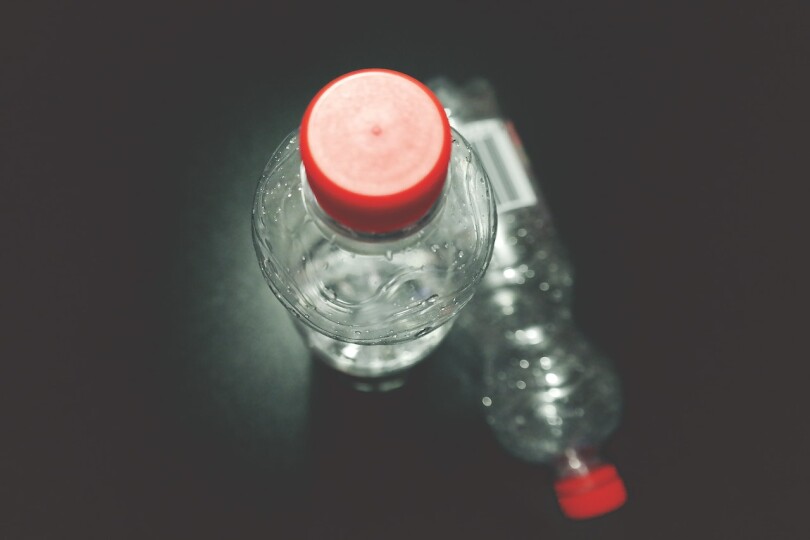3 Innovations from the International Horticultural Expo.
29 Apr 24
Enviro ChatThe Global News Source for the World of Science and Chemicals
14 July 2023
Enviro Chat
With global warming and climate change some of the most urgent issues facing the human race, recent years have seen an increased emphasis on reducing our carbon footprint on the planet. Recycling is a key component of this process, since it generates less waste whilst simultaneously reducing the need for new materials, thus resulting in fewer emissions and less consumption of resources.
Closed loop recycling is viewed as particularly beneficial to the environment, since it fulfils both of the above requirements. In essence, it involves collecting, cleaning, recycling and reusing an old product to turn it into a new one. In theory, this means the same glass, plastic or other raw material can be used time and time again, thus creating the closed loop.
Every time we repurpose a product to use it again, we are performing closed loop recycling in our own home. For instance, washing out an empty glass jar and using it to store ingredients, sauces or other liquids is a perfect example. However, the product does not need to perform the same function as it previously did, nor even take the same form as before.
In a more industrial setting, aluminium cans can be melted down and pressed into metal sheets, or else fashioned into items such as car parts or heating components. Similarly, plastic bottles can be destroyed and reformulated to create textiles, insulation or new plastic receptacles. That same glass jar from before could also crushed and redesigned into something completely different.
As one of the most respected aviation companies in the world, Emirates has prided itself on leading the way when it comes to sustainable practices. It’s for this reason that the company has already removed plastic straws, drinks stirrers and retail bags from its flights, instead replacing them with responsibly sourced wood and paper alternatives.
When it is absolutely necessary to use plastic, Emirates is committed to ensuring that it uses as high a percentage of recycled materials in its products as possible. Every blanket given out on a flight is constructed from 28 recycled bottles, saving almost 90 million bottles from landfill each year. Its plastic tumblers and hygiene covers are also made from 80% recycled plastic.
Now, the company is going one further by introducing its very own closed loop recycling scheme. From June of this year, millions of trays, bowls and dishes used on Emirates flights will be collected, sorted and washed, before being sent to a dedicated recycling plant on Emirati soil and ground down into microplastics. They will then be processed into new meal items to be used on forthcoming flights.
The recycling facility is located in Dubai and by processing the items – which have come to the end of their lives and would otherwise be sent to landfill – on home soil, significant carbon emissions can be mitigated. The plant also places an emphasis on using solar power, optimising water consumption and minimising the amount of waste and pollution it generates.
DOWNLOAD PDF

2 Day Seminar Program
@ ArabLab+ 2024
24 & 25 September 2024
22 Apr 24
Lab ChatYour stay in Dubai
Labkit
Product News
Chemkit
Product News
Thinking about exhibiting at ARABLAB 2024? Watch our video to find out more.
Join the world’s leading organisations…
Join our mailing list and receive the ARABLAB newsletter and event updates.